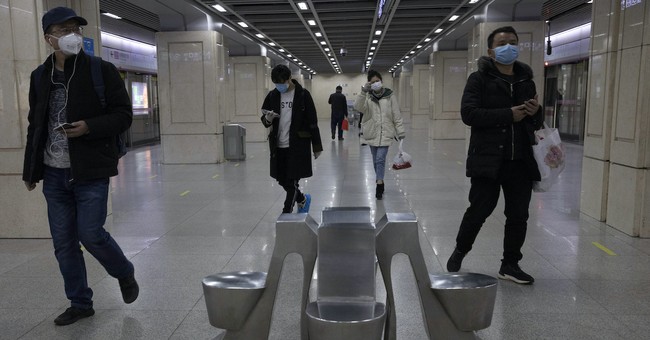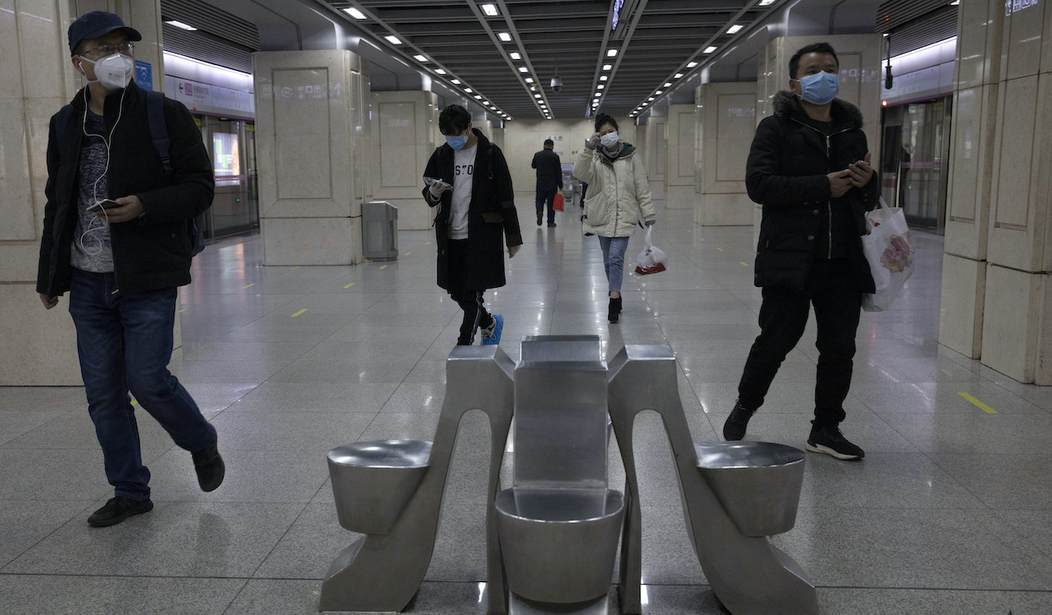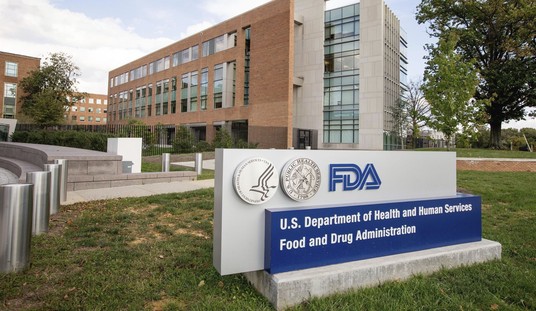
There’s a pretty troubling story breaking about the University of Texas System and the Wuhan lab that has been the focus of such attention over the coronavirus.
The Wuhan Institute of Virology is a suspect in the hunt for the origin of the virus. The U.S. intel community has said that while they do not believe that the virus was created there, they believe it’s possible it may have originated there as a result of an accident.
It’s now gone around the world infecting millions and killing hundreds of thousands.
The troubling news is that the Department of Education is now looking into the University of Texas’s dealings with that lab.
Federal investigators have asked the UT system to hand over any documents related to the lab or researcher She Zhengli, the “bat lady,” know for specializing in bats to ferret out any connections to the Chinese government.
From Washington Examiner:
Reed Rubinstein, the Education Department’s acting general counsel, sent a seven-page letter to University of Texas Chancellor James Milliken on April 24, as first reported by the Wall Street Journal on Friday, with the government saying it did not have confidence that the school had reported all of its foreign contracts, including with the Wuhan lab, as required by Section 117 of the Higher Education Act of 1965.
The letter said the University of Texas’s Medical Branch is responsible for the operation of the Galveston National Laboratory, which, in turn, has “substantial contractual relations” with a maximum biocontainment laboratory, or MCL, in Wuhan, China. That lab is owned by the Chinese government’s Chinese Academy of Sciences.
There are a ton of contracts and connections with China.
The Education Department noted that from 2014 through 2019, the University of Texas “reported approximately twenty-four contracts with various Chinese state-owned universities and ten contracts with Huawei Technologies, all purportedly worth a reported total of $12,987,896.” But “it is not clear, however, whether UT has in fact reported all gifts from or contracts with or relating to the Wuhan MCL, the Wuhan Institute of Virology, and/or all other foreign sources, including agents and instrumentalities of the government of the Peoples’ Republic of China,” the agency said.
To verify the school’s compliance with the law, the government asked it to hand over within 30 days a tranche of China-related records from 2012 through the present, including copies of each donation agreement and contract reached by the University of Texas with the Wuhan lab or the Chinese Academy of Sciences. The Education Department also asked for a complete list identifying anyone at the school who had been involved “in any capacity” with the Wuhan lab and asked the school to provide the contact information of those people.
This is part of a broader concern about how deep the Chinese government’s connections have delved into our systems and how problematic that can be. Universities have disclosed more than $6.5 billion in funding from foreign entities, some of which has come from countries, such as China, that are hostile to us.
We’ve already seen questions raised about National Institutes of Health Grant to a program to study coronavirus that had gone to EcoHealth Alliance, which provided some of that money to the Wuhan lab, that began in 2015.
Sen. Tom Cotton (R-AR) has called a lot of this out but we need a comprehension assessment of any problematic connections to the Chinese government that are extant and we need to decouple our supply chains and any sensitive institutions from government influence.













Join the conversation as a VIP Member